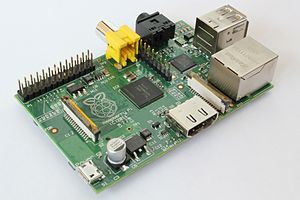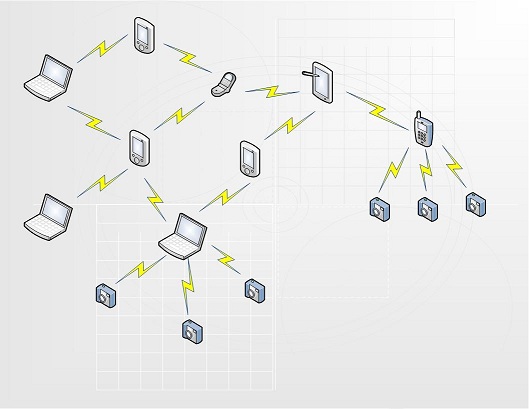Final Year Projects - Jonathan Li
- Google Cardboard and Leap Motion (2-3 students) [FULL]
- Google Cardboard is a cheap Virtual Reality headset that makes use of a smart phone as the screen.
- The Leap Motion controller is a sensor designed to track hand gestures in 3D space.
- It would be cool to create an Android App for Google Cardboard that makes use of the Leap Motion as input, something like this for use in engineering education.
- Requirements: Android App programming, preferably your own Android device (Google
Nexus 4 and 5, Motorola Moto X, Samsung Galaxy S4 and
S5, Samsung Galaxy Nexus all work with Google Cardboard)
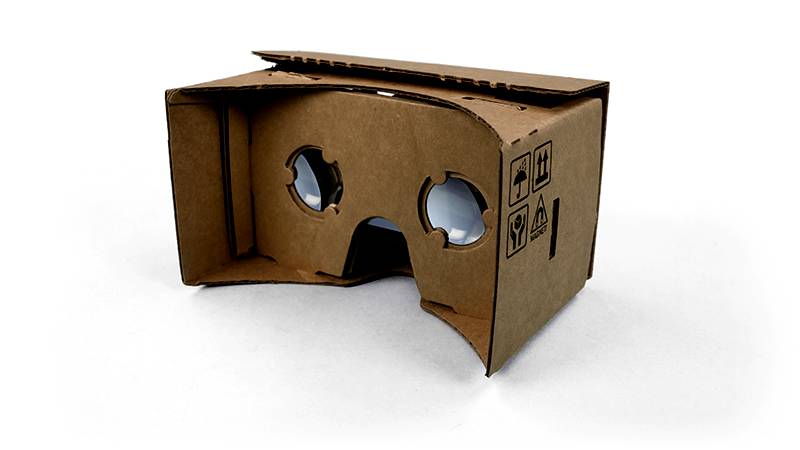 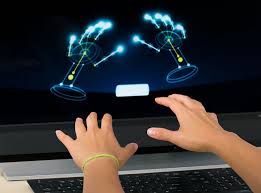
- Education Discussion Forum (1 student), with Nathan Sherburn, PhD candidate
- How
are discussion forums used in Engineering, and other Faculties? How
does their usage compare with other alternatives, like Moodle,
Facebook, Twitter, Reddit, StackOverflow? What makes people post?
How can we increase usage rate among students? Can we build a better
system? We think we can!
- Nathan aims to answer all these
questions and to build a new discussion forum using modern web
technologies and design principles.
- Students could work with
many aspects of the project. e.g. creating native mobile application
interfaces, developing smart gamification features to make a compelling
experience, analysis of usage and posting data using machine
learning.
- Requirements: Requirements:
Solid software development skills (Javascript, CSS and HTML5, Python). An understanding of
good user interface design is a bonus.
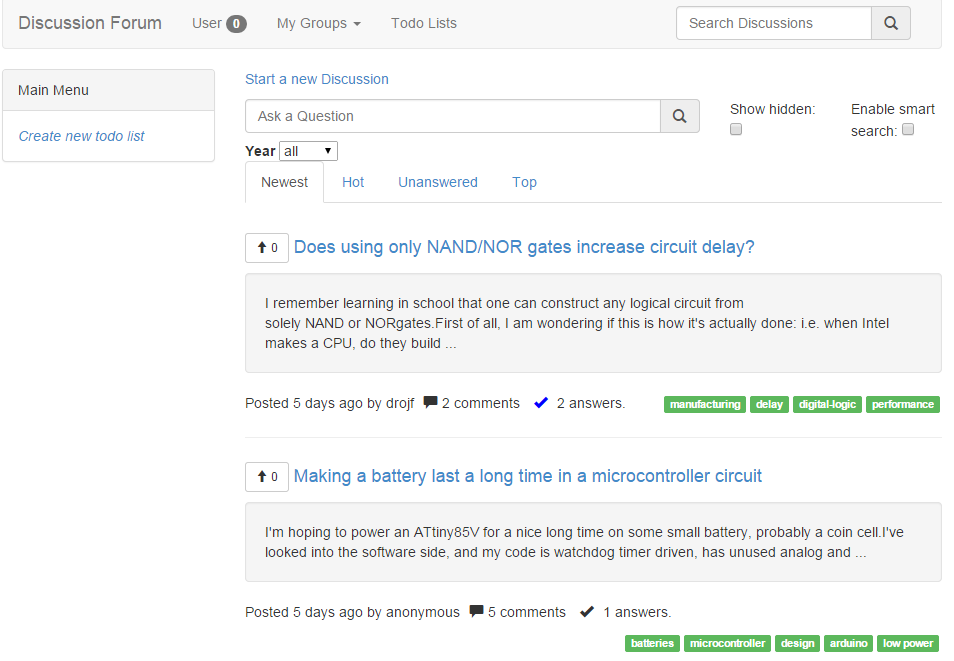 - Education Knowledge Map (1 student)
- As
an undergraduate student, you could easily find yourself wondering why
on earth you're stuck learning strange concepts that seem to have no
application to anything that you might envisage yourself doing.
Wouldn't it have been a lot easier if you understood from the beginning
(e.g. Kirchhoff's Current Law) how everything you're learning relates
to the big picture (e.g. VLSI design)?
- This project aims
to create an interactive framework and tool, using modern web
technologies, that enables students to see how unit concepts
and
outcomes relate to more complex concepts and outcomes in
subsequent units, ultimately allowing students to see exactly what
concepts are required to be learned to become a "power engineer", or
"telecommunications engineer" etc.
- Requirements:
Solid software development skills (Javascript, CSS and HTML5). An understanding of
good user interface design is a bonus.
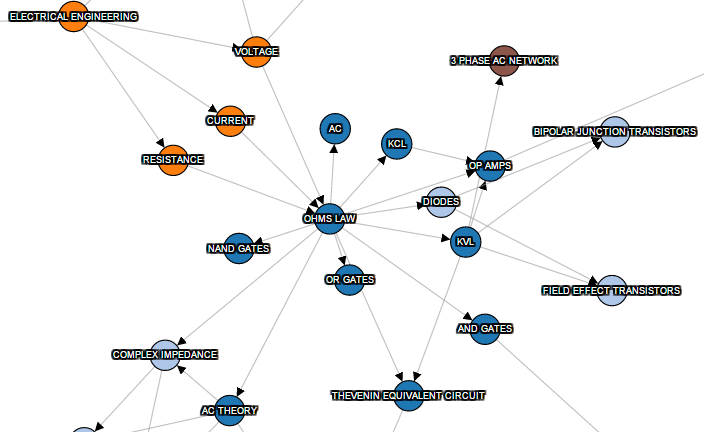
- Mobile Apps for Education (cross-disciplinary projects)
- Chinese OCR to Cantonese Speech Android Appo
- Being a second generation migrant from Hong Kong, I can speak a little Cantonese, but can't read much. My kids
are showing an interest in learning it, and an Android App that could parse Chinese characters and read them out
in Cantonese would be great! Some interesting links on: OCR and TTS software.
- Requirements: Android development skills, Android device.
- Mobile Quiz App (1-2 students), with Law/BusEco
- Project brief here.
Law/BusEco would like to develop a web app framework to help students
learn to negotiate through the complexities associated with law case
studies. This would involve building a system where students make
decisions on whether legalities apply depending on videos depicting
carefully crafted (supplied by Law) situational case studies.
- Solid software development skills (Javascript, CSS and HTML5).
- Multi-modal content delivery app (2 students), with Michael Phillips (Education)
- We
would like to augment secondary school students’ experiences when they
participate in learning experiences outside of the classroom. The
requirement would be to trigger content (including text, audio, video, images)
on students' digital devices (eg phone, tablet) when they visit
different public spaces including the Museum, Melbourne Zoo and Royal
Botanic Gardens, based on their geographic location in these public
spaces.
- Further requirements are that the App should be
standalone with no internet connectivity assumed, and able to
determine position indoors using WiFi localisation, and GPS when
outdoors
- Requirements: Android programming expertise, Android device
- Augmented reality app (2 students), with Michael Phillips (Education)
- Augmented
reality (AR) is an emerging form of technology that is starting to
catch on in educational settings. We want to be able to use AR to
augment the learning experiences of secondary school students in field
settings such as the Botanic Gardens. For example, we would like
students to be able to look at a plant through their device and see
what the plant looks like in different seasons, or alternatively to see
some video footage overlaid on the plant that shows indigenous uses of
the plant.
- The challenge is that the target (i.e. the
plant) is not always a stable or constant image that can be recognised
by current AR applications.
- Requirements: Android programming expertise, Android device
- Thermodynamics "Piston" Web App (1 student), with Meng Woo (Chemical Engineering)
- This
is a project which aims to develop an app with a unique interface which
will allow students studying thermodynamics (a common first 2nd year
unit for mechanical and chemical engineering student) to ‘play around’
with energy transformation concept on their phones. You will be
required to create an app which allows students to manipulate a piston,
either by compressing or expanding the system, while the transformation
in the contained energy is tracked and displayed real time.
- The
theoretical aspect of the energy transformation will be supported by
Chemical Engineering. The student will be expected to design and
develop the required interface. This app will eventually alsofind application during lectures as a teaching aid.
- Solid software development skills (Javascript, CSS and HTML5).
- Automatic song lyric generator
- Given a set of key words, and a song template (syllables, verses,
words that need to rhyme), generate crazy song lyrics. The songs don't need
to be perfect, but could be improved upon by people and machine
learning (e.g. using genetic algorithms and supervised training).
The whole application could be packaged into a web app.
- Requirements:
Good programming skills, strong computer science and algorithms, creativity and ability to implement crazy ideas.
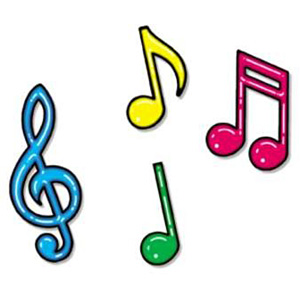 - Raspberry
Fields - a platform for a mobile ad-hoc and wireless sensor
networks (co-supervised with Ahmet Sekercioglu)
- Mobile
ad-hoc and wireless sensor networks have a number
of applications including disaster-recovery networks,
public
internet access, vehicular networks and environmental monitoring. A
platform using
Raspberry Pi single board computers has been created to enable
a rapidly
reconfigurable mobile ad-hoc and wireless sensor
network.
- There
is scope to turn the nodes into standalone units which can be
distributed around offices within the ECSE department enabling
distributed sensing of temperature or other physical quantities and an
always-available platform for studying new algorithms. This would
involve more hardware design.
- There is also scope for research on new algorithms.
This would involve more programming and theoretical work.
- Requirements:
Strong programming skills
(C/C++), intermediate experience
working within a Linux environment, familiarity with OMNet++ a bonus.
If you're interested in any of the above, or have an idea that I can
help supervise you with, we can talk about how I
can help you or point you in
the right direction! I can be reached via e-mail at: jonathan [.] li
[@] monash
[.] edu. Good luck! |





